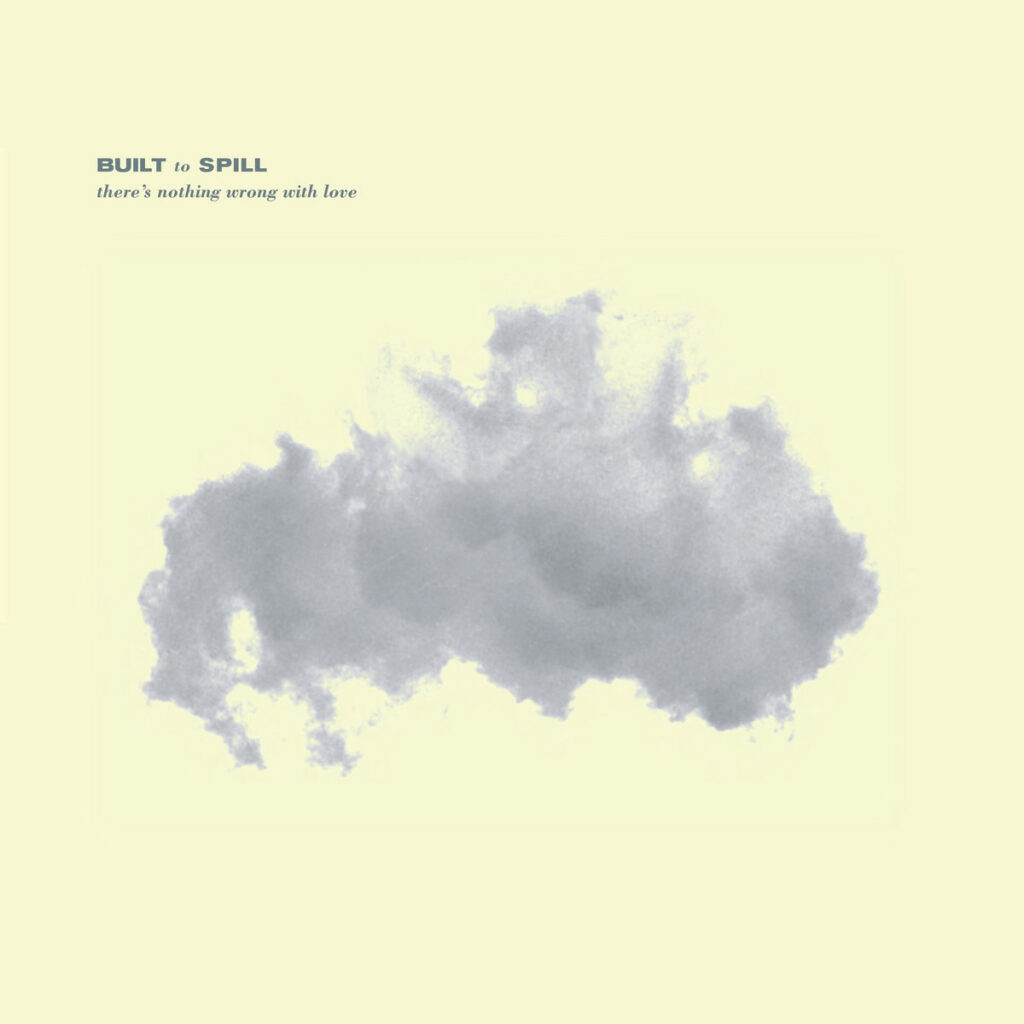
The biggest show of Built to Spill’s 1994 tour to support their second full-length album, There’s Nothing Wrong with Love, took place right here in the People’s Republic. Now considered one of the most important indie-rock bands of all time, their performance at CU Boulder’s Club 156 that October was an outlier for the emerging outfit.
“I think it was our only sold-out show of the tour,” recalls founding member, lead guitarist and vocalist Doug Martsch. “We play [Colorado] almost every tour. It’s definitely one of my favorite places.”
Formed a couple years earlier in Boise, Idaho, Built to Spill quickly gained a reputation for lo-fi charm buoyed by guitar wizardry. Bookending atonal moments with catchy riffs and Martsch’s singular voice, the band followed up their beloved sophomore release with 1997’s Perfect from Now On and 1999’s Keep It Like a Secret — forming a trio of unimpeachable albums that remain the gold standard for DIY guitar music.
Thirty years after selling out the defunct campus venue in Boulder, Built to Spill returns to the Front Range to perform the classic album in its entirety — alongside a smattering of other songs from the band’s deep catalog — for a Sept. 22 show in the Mile High City with fellow ’90s indie darlings Quasi at the Ogden Theatre.
“I feel like our first encore ever was in Denver,” Martsch, 55, says. “We never played encores at all because we just thought they were stupid. But the folks in Denver called for an encore so much that we went out and did one. I have a lot of good milestone memories there, just being strongly supported from the very beginning.”

Four’s company
Though Martsch initially conceived of rotating the musicians on each album, Built to Spill settled into a mostly consistent lineup until 2009, when it was expanded to include three guitars.
The current band is scaled down to a power trio with bassist Melanie Radford (of the band Blood Lemon) and drummer Teresa Esguerra (of Prism Bitch). The touring group is rounded out by cellist John McMahon, who has worked with Martsch throughout the years and contributed cello to the original album.
The addition of McMahon means the band can play songs not normally included in live sets, while bringing additional depth and emotional resonance to the music. Martsch even directly credits the longtime collaborator for sparking his excitement about revisiting these songs live.
At first, he vacillated between playing them exactly as they sounded on the record and taking them in new directions; but after getting back together with McMahon to work on the set, the songs felt fresh again.
“It was so fun rehearsing this stuff with him,” he says. “That was kind of my favorite part of getting ready for this tour.”
‘Wiggly days’ on the Front Range
There’s Nothing Wrong with Love is a young person’s dreamy, lovelorn album, filled with lyrical images that pulse with childhood memories and the intense emotions of adolescence. When asked how he feels about revisiting these songs three decades later, Martsch says they don’t necessarily hold the nostalgia for him that they might for fans.
“The lyrics and what I was going through at the time, all that stuff just isn’t very interesting or important to me right now,” he says. “To me, it’s just about how the songs sound, the chords and notes.”
It’s those very chords and notes that render the album timeless, a kind of distorted classic rock exemplified by songs like “Big Dipper” and “Some.” The latter is one McMahon expands on live, transforming its guitar solo into an extended part for the cello. He also plays the guitar part in the chorus of “Israel’s Song,” a live rarity up until this tour.
The current rhythm section of Radford and Esguerra is also central to the band’s locked-in performances, bringing a raw energy that allows Martsch to wring so much more out of one guitar than may seem humanly possible.
“They’re incredible,” he says. “I love playing with them, traveling with them, and everything. I’ve loved everyone I’ve ever played with, but they are really special.”
ON THE BILL: Built to Spill with Quasi. 8 p.m. Sunday, Sept. 22, Ogden Theatre, 935 E Colfax Ave., Denver. $54
